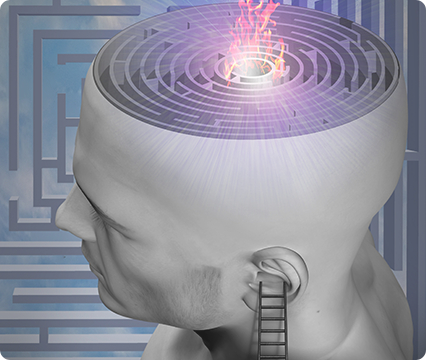Dietary inflammatory index and depressive symptoms as mediators between social disadvantage and accelerated phenotypic aging
People from socially disadvantaged backgrounds tend to face greater health risks. Factors such as diet and mental health may help explain how low socioeconomic status contributes to faster biological aging. This study by Chen et al. (2025) explored the link between social disadvantage and accelerated phenotypic aging, while also examining whether the Dietary Inflammatory Index (DII) and symptoms of depression help mediate this relationship. After adjusting for multiple variables, data analyzed from the National Health and Nutrition Examination Survey (NHANES 2005-2010, n = 5747) revealed that social disadvantage was linked to a 41% higher risk of accelerated aging. Further analyses showed that DII and depressive symptoms explained 11.3% and 20.1% of the effect, respectively. This pattern held across most population subgroups, except individuals with cardiovascular disease. Overall, the study suggests that social disadvantage contributes to faster biological aging, partly through inflammatory diets and mental health issues. [NPID: Social disadvantage, accelerated aging, phenotypic aging, Dietary Inflammatory Index, depression, NHANES, biological aging, socioeconomic status]
Year: 2025

 Navigation
Navigation








